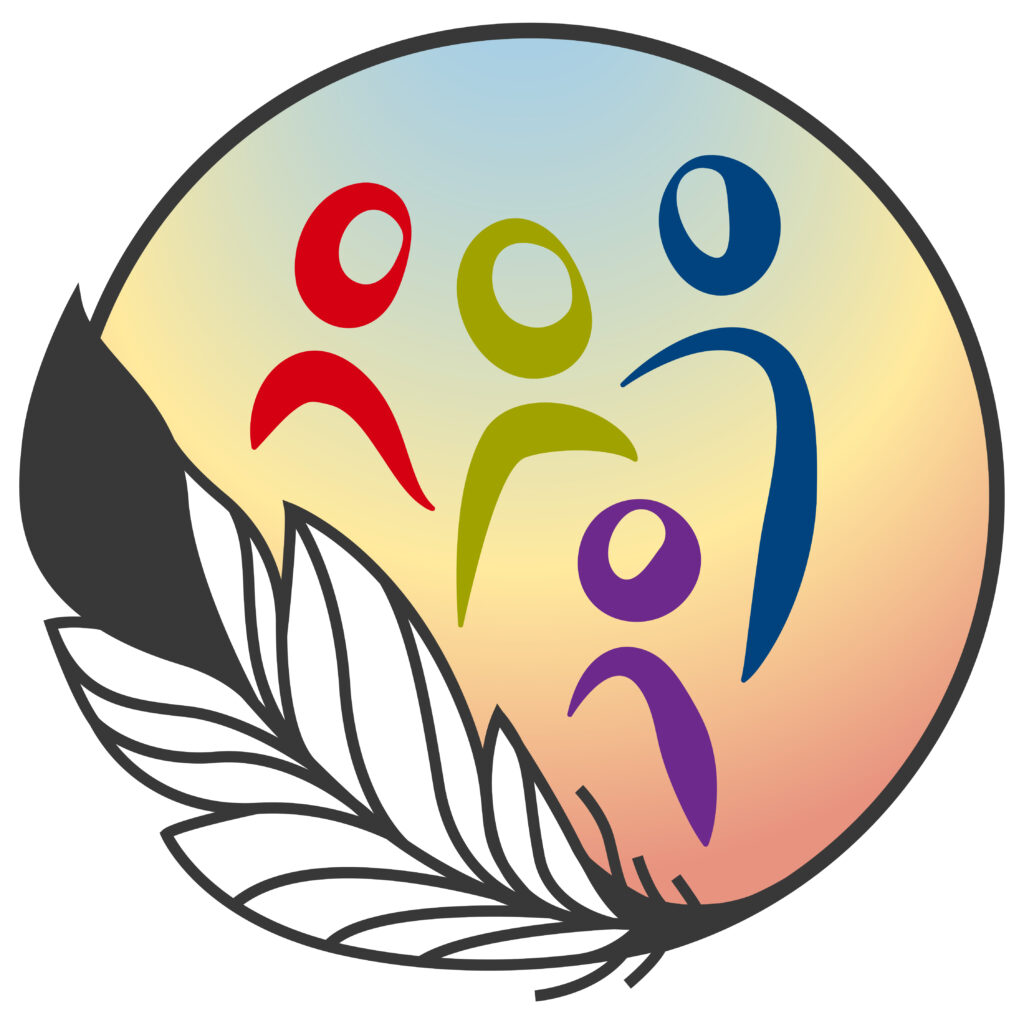Walking Alongside Indigenous Peoples who are Seriously Ill: Education for Community Caregivers

Purpose of the Curriculum
In 2022, in response to the need for community caregiver education in Indigenous communities, the CERAH curriculum development team created the Walking Alongside Indigenous Peoples who are Seriously Ill: Education for Community Caregivers curriculum. The purpose of this curriculum is to improve the capacity of health and social care providers in Indigenous communities to provide education and support to families and community members who are caring for loved ones with life-limiting illnesses. The curriculum guides people through a collection of PowerPoint slide decks with speaker notes, videos, pamphlets, handouts, and activities to support caregiver education. The overall goal of the curriculum is to contribute to the larger process of the development of comprehensive palliative care services in Indigenous communities.
Target Audience
The curriculum is developed in a train-the-trainer format design so that local community health care providers can deliver community-based education. This curriculum may be of value to your community and/or team if you:
- are a health or social care provider that wants to inform the general community about the palliative approach to care;
- have other health and social care providers who are newly joining your team or need some guidance in developing a care plan;
- have a family or community caregiver who has questions about caregiving for someone who is very sick, or who would benefit from instruction to learn particular skills at the bedside of a loved one who is seriously ill; and/or
- see an opportunity to inform more people about advance care planning and making their wishes known.
In developing the curriculum, the project team recognized that communities have different needs and varying resources for supporting people who are seriously ill.
LEARN MORE: Watch this webinar to learn more about these resources and how to access them.
Curriculum Documents
Walking Alongside Indigenous Peoples who are Seriously Ill: Education for Community Caregivers (PDF)
** The powerpoint slides are formatted as PDF. To share in a presentation, select from the drop-down “View” and “Whole Screen”**
ACKNOWLEDGEMENTS
The Walking Alongside Indigenous Peoples who are Seriously Ill: Education for Community Caregivers curriculum is an original resource developed at the Centre for Education and Research on Aging & Health (CERAH), Lakehead University, Thunder Bay, Ontario. The curriculum development team was led by Holly Prince, Project Manager and consisted of Jessica Wyatt, Knowledge Broker and Kassandra Fernandes, Curriculum Developer. The team was supported by Dr. Kathy Kortes-Miller, Director of CERAH and Associate Professor in the School of Social Work at Lakehead University.
We would like to acknowledge all the individuals who contributed to the Preparing for the Journey: Caring for Indigenous Peoples who are Seriously Ill manual which was developed at CERAH in 2017, upon which this curriculum is based. Preparing for the Journey is a resource given to workshop participants who attend CERAH’s Palliative Care for Front-Line Workers in Indigenous Communities training. This resource manual provides practical guidance and support on caring for people with serious illnesses. In the development of Preparing for the Journey, CERAH was given permission to extract, adapt, and use material from thefollowing existing resources:
- Macmillan, K., Peden, J., Hopkinson, J., & Hycha, D. (2014). A Caregiver’s Guide: A Handbook About End-of-life Care. The Military and Hospitaller Order of St. Lazarus of Jerusalem & The Canadian Hospice Palliative Care Association.
- Linkewch, B., Potson, J., Fobister, V., & Sletmoen, W. (2003). Caring for the Terminally Ill: Honouring the Choices of the People. 2nd Ed.
- Improving End-of-Life Care in First Nations Communities Research Team, Lakehead University. (2015). Developing Palliative Care Programs in First Nations Communities: A Workbook, Version 1.
We would like to say Miigwetch (thank you) to the St. Elizabeth Foundation and Maamwesying North Shore Community Health Services for allowing us to adapt and incorporate slide decks created within their Caregiver’s Curriculum. In addition, we would like to acknowledge the St. Elizabeth Foundation for providing us with permission to incorporate videos and print resources from SE Health. Finally, we would like to acknowledge the Canadian Virtual Hospice for allowing us to include videos and print resources from the LivingMyCulture.ca project. Although the resources vary in origin, they have been selected for inclusion in this curriculum based on their applicability and relevance to Indigenous communities.
In addition, we would like to acknowledge members of the curriculum review committee: Elder Jeroline Smith, Margie Bannon, Robin Cano, Christine Dobson, Michelle Kakegamic, Rita Marano, and Joanna Vautour for reviewing the curriculum and providing feedback on best practices and ensuring that the resources meet community needs.
Funding for this initiative was provided to CERAH under an education contract with Indigenous Services Canada, Ontario Region.
Individuals are encouraged to print and share any part of this curriculum. We only ask that you acknowledge the source of these materials when you use them as follows:
Prince, H. (2022, June). Walking Alongside Indigenous Peoples who are Seriously Ill: Education for Community Caregivers. Centre
for Education and Research on Aging & Health, Lakehead University.